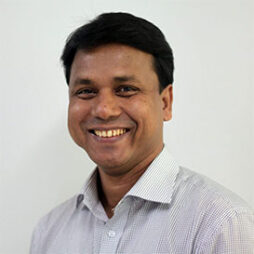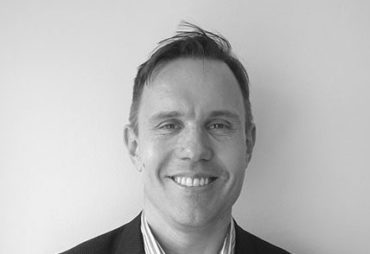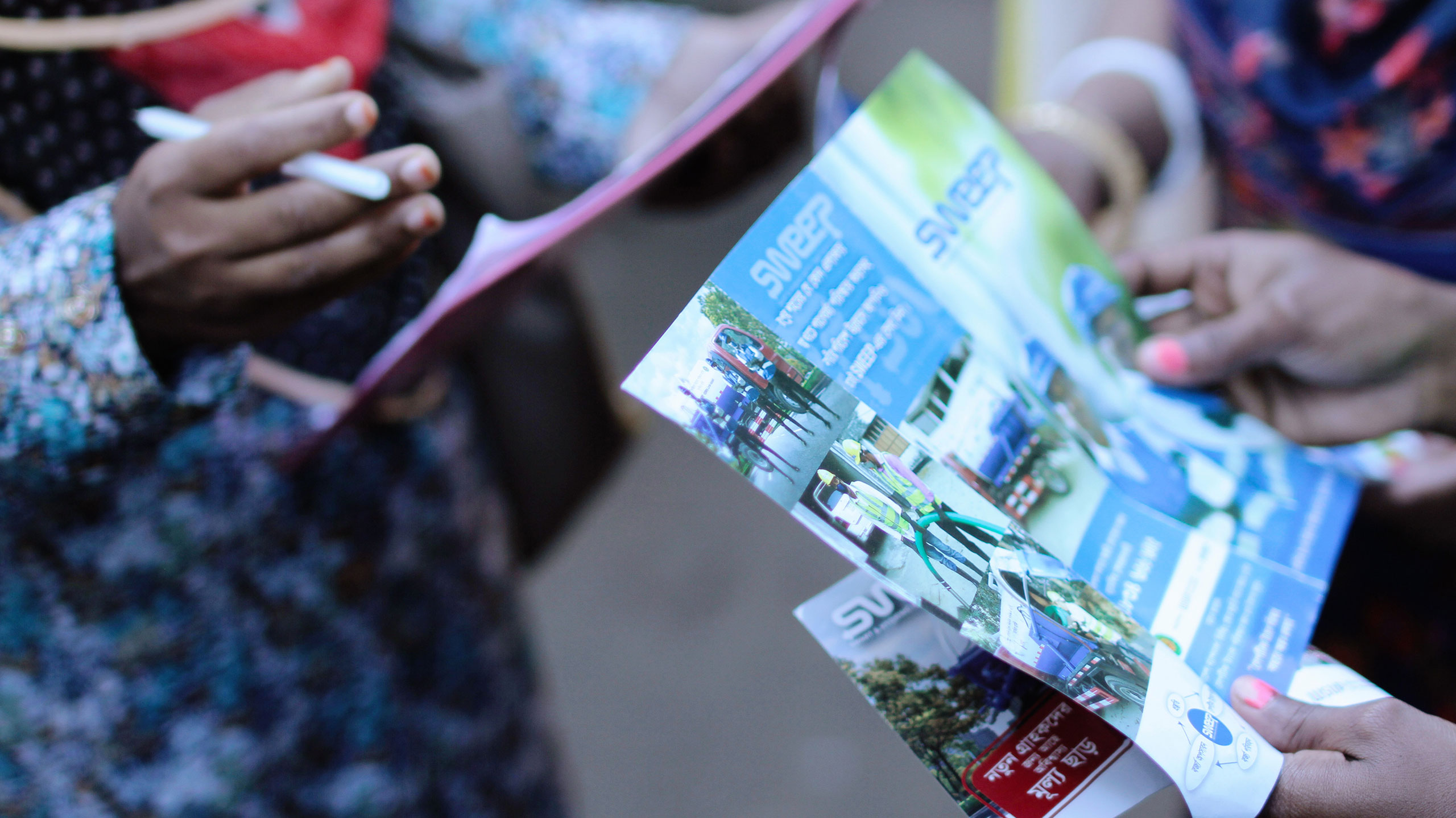
Making Sanitation Everyone’s Business
I remember walking into the offices of Dhaka Water Supply and Sewerage Authority (DWASA) along with my colleagues at Water & Sanitation for the Urban Poor (WSUP) nearly eight years…
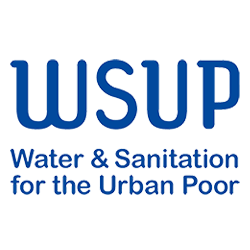
Water & Sanitation for the Urban Poor (WSUP) is a not-for-profit company that helps transform cities to benefit the millions who lack access to water and sanitation.WSUP was created in 2005 as a response to the urban explosion that has left many cities unable to provide basic services, such as access to a toilet or drinking water, to low-income communities. The organization works alongside local providers, enabling them to develop services, build infrastructure, and attract funding so that they can reach low-income communities.WSUP has a permanent presence in six countries and implements projects elsewhere through its consultancy arm, WSUP Advisory. As the urban specialist in water and sanitation, WSUP is committed to sharing evidence and approaches so that its innovations can enable change around the world.Since inception, WSUP has helped 20 million people access improved water and sanitation services.In August 2017, Skoll Foundation invested US $2 million into WSUP's SWEEP partnership in Bangladesh, an initiative which enables the private sector to provide fecal sludge management services in multiple cities, with the potential to benefit millions of low-income residents.
WSUP seeks to change the way that cities provide access to water and sanitation, improving health and living standards for the poorest residents.
1. Effective policies and regulations, to incentivise action and provide the right environment for the private sector.
2. Enhanced skills and capacity in the public and private sector.
3. Increased investment, stronger planning, and financial management.
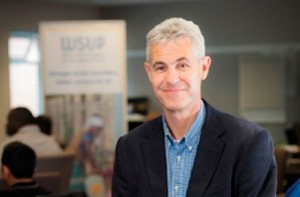
Sanitation Lead, Water and Sanitation for the Urban Poor
Founder, FIGURE80
Graduating from Oxford University in 1983, Sam Parker started his career in business, working for six years in the agrochemical industry. In 1989, Sam visited a safe house for street children during a business trip to Sao Paolo, Brazil – and was overwhelmed by the challenge the children faced and was inspired to help. He promptly quit his job, started a foundation, and returned to live in the safe house for two years, where he learned how difficult systems change is and the importance of on-the-ground, community engagement. After that, Sam returned to business for 11 years at a UK-based commodity trading company and then, in 2002, he returned to the development sector with a role at International Save the Children Alliance. In 2006, Sam joined Water and Sanitation for the Urban Poor (WSUP) as its first CEO.
Sam left WSUP in early 2015 and is currently serving as the Director of the Shell Foundation. Neil Jeffery has succeeded Sam as CEO of WSUP and is leading the organization into the scaling phase of its lifecycle. Prior to WSUP, Neil worked closely with governments on a range of advocacy and policy issues, most recently as CEO of Renewable World, working to help provide energy for and with low income producers and consumers.
